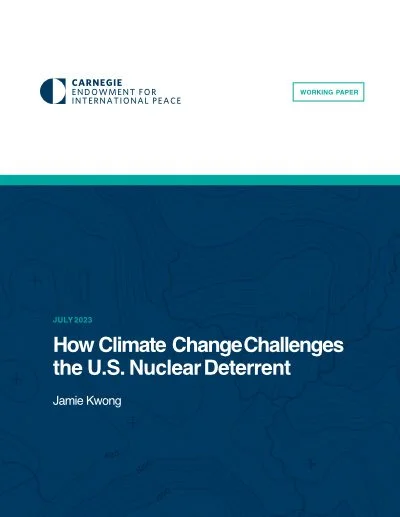ELLISON, TOM; HUGH, BRIGITTE
From the document: "Climate change and policy responses provide new opportunities for state and non-state actors to engage in mis- and disinformation across a wide range of scales and topics. Traditionally, analysis of climate change and misinformation has focused most on the problem of climate change denialism and politicization of emissions reductions. However, misinformation, disinformation peddling, and malign influence campaigns are increasing around a broader range of climate-related issues, such as blame for climate hazards, backlash to climate-driven displacement, disputes over clean energy policies, polarization over climate protests, and competition for influence in climate-vulnerable states. Such efforts have security implications across the political, economic and societal spheres, and warrant more holistic and proactive policy attention, drawing lessons from analogous efforts around the COVID-19 pandemic and security of elections. This report provides a baseline on the intersection of climate security risks and mis- and disinformation challenges."
CENTER FOR CLIMATE AND SECURITY. COUNCIL ON STRATEGIC RISKS. 2024. 14p.





